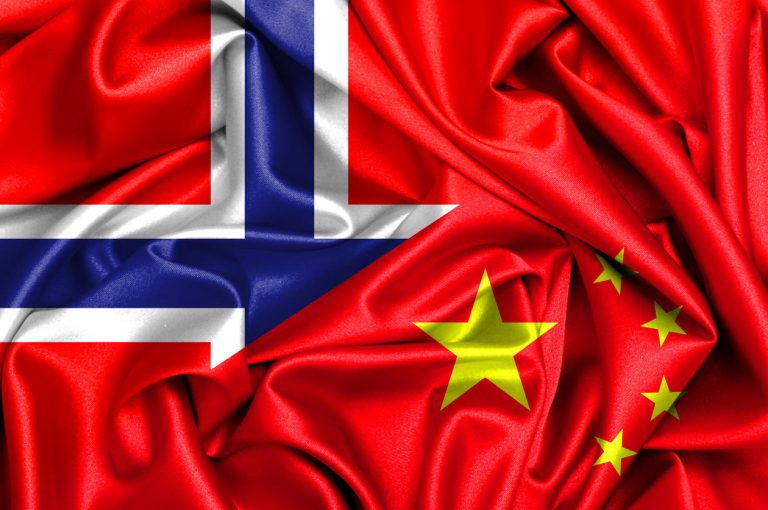How much has Scandinavia influenced Chinese Maritime Law? Quite a bit it seems…
LSR stays up to date with major changes in international law and, in March 2019, attended a seminar hosted by the Hong Kong Shipowners Association. A segment touched briefly on the role played by foreign legal codes in the continuing development of China’s maritime law. We were surprised to hear about the influence that Norwegian maritime law especially had in the early years of this development.
Law in China has developed from a traditional “Confucian” system in the Dynastic period up to the 20th Century, to a Civil Law system supporting the principles of a socialist market economy. This journey saw progress halted by civil war, changes in political direction and even cultural revolution. How to develop a legal structure that will support a new push to a more market-based economy and ease entry into the World Trade Organisation? Adopt best practice from others was the sensible approach.
Russian maritime law had provided a heavy influence due to historic familiarity with the Socialist Legal system. However, we understand that it was recognized early on that Norway, despite being a small country, had benefited greatly and projected its national influence and interests efficiently based, in part, on its maritime connections. This resulted in scholarly research and adoption, copying and influence of many of the laws and principles that Norway had enshrined in its own legal system.
Of course, time moves on, and we were also told by our Chinese contacts that, upon recently re-visiting the maritime codes and policies of both Norway and Russia, they are confident that China has moved on and has now adopted more modern attributes than its former mentors. Time will tell.

Copyright:Bojan Tomasevic ©